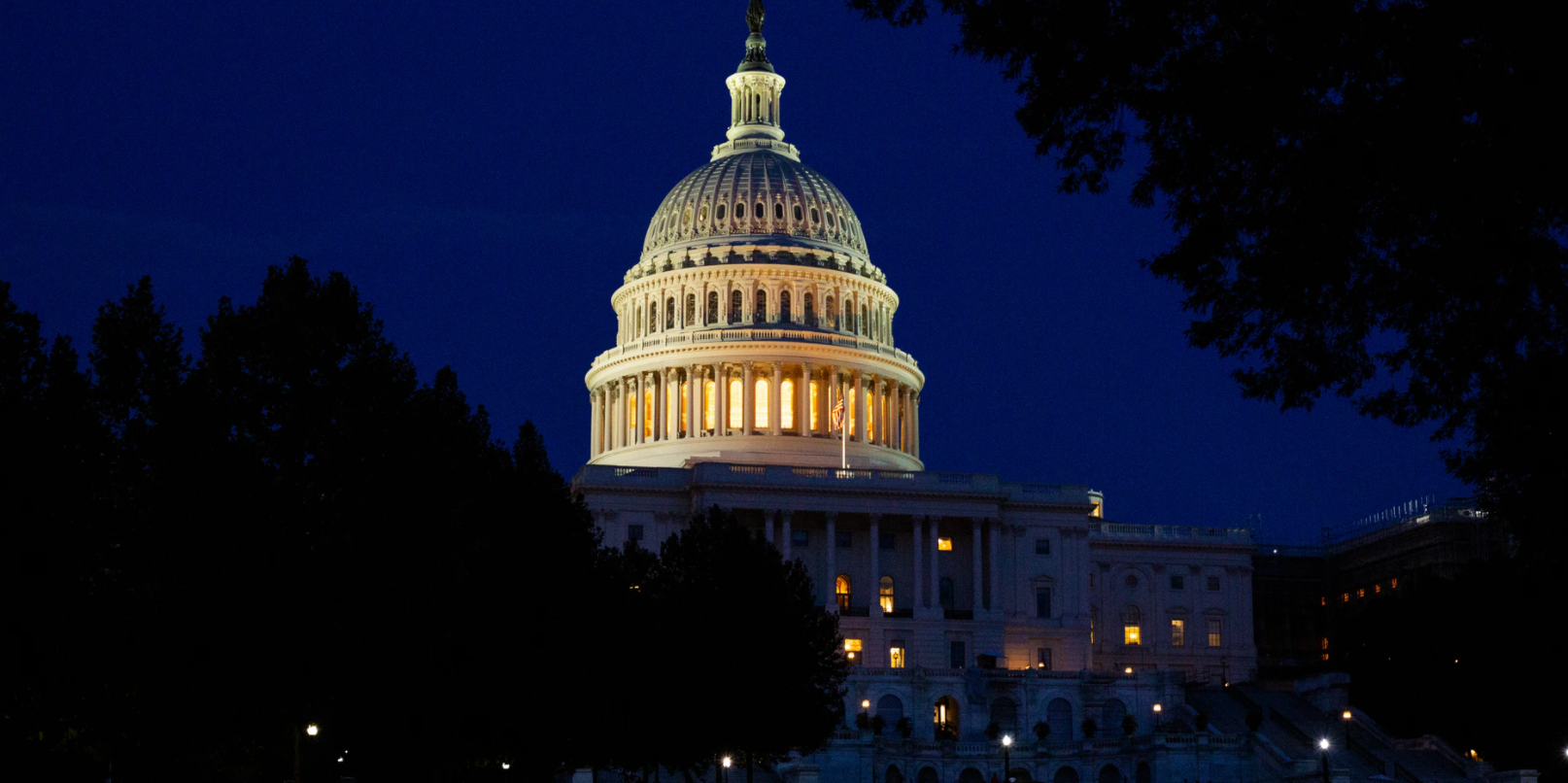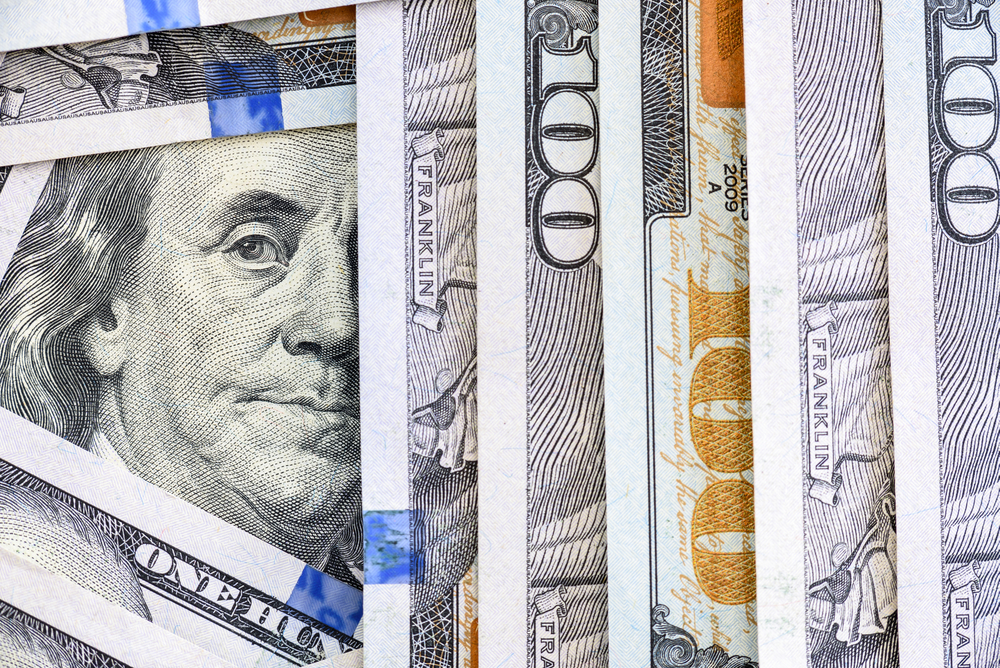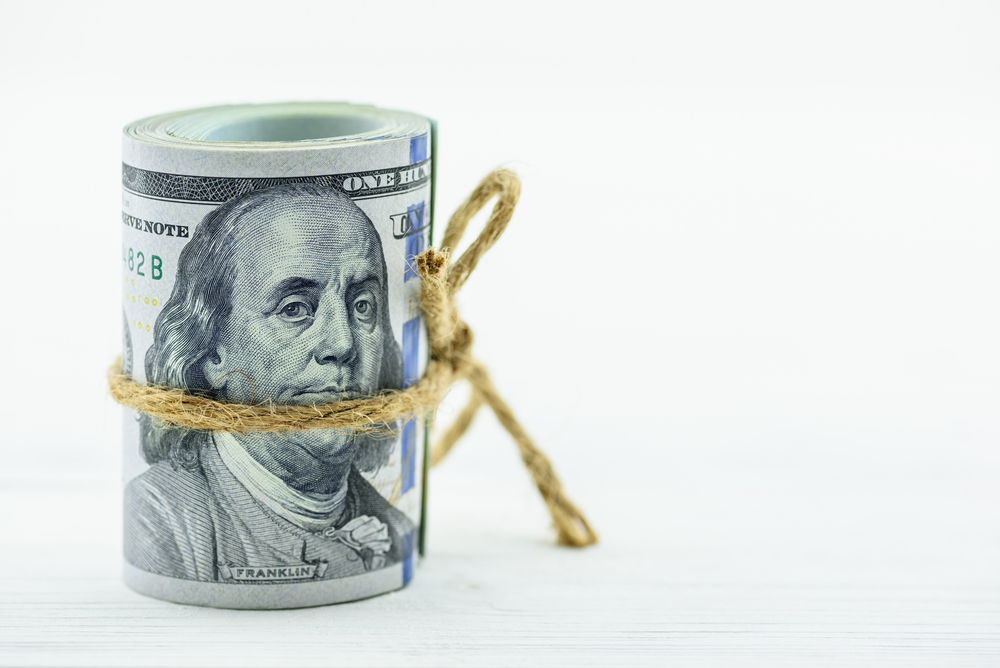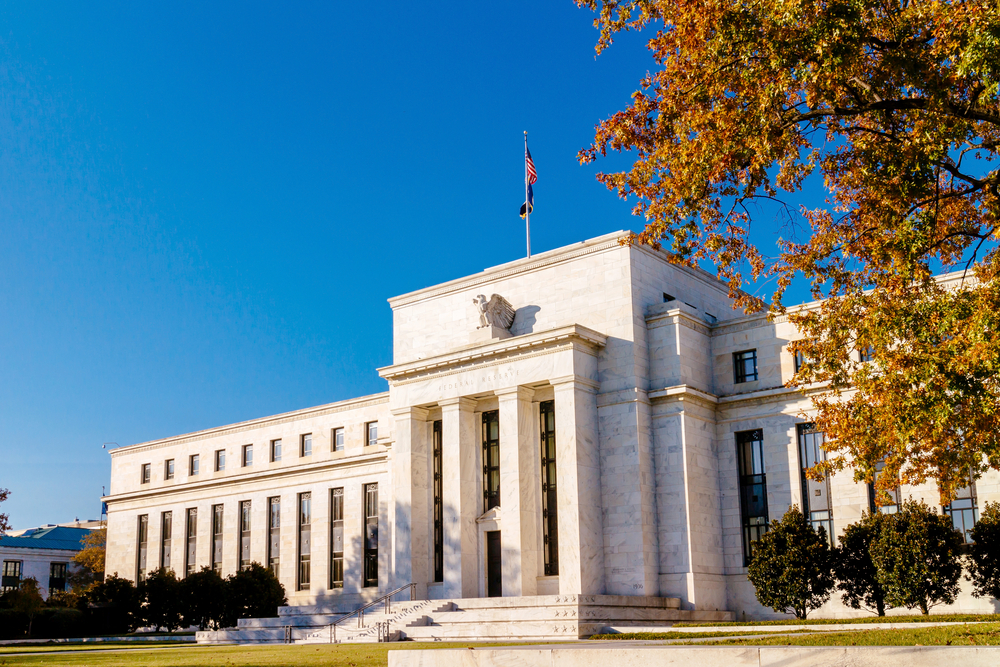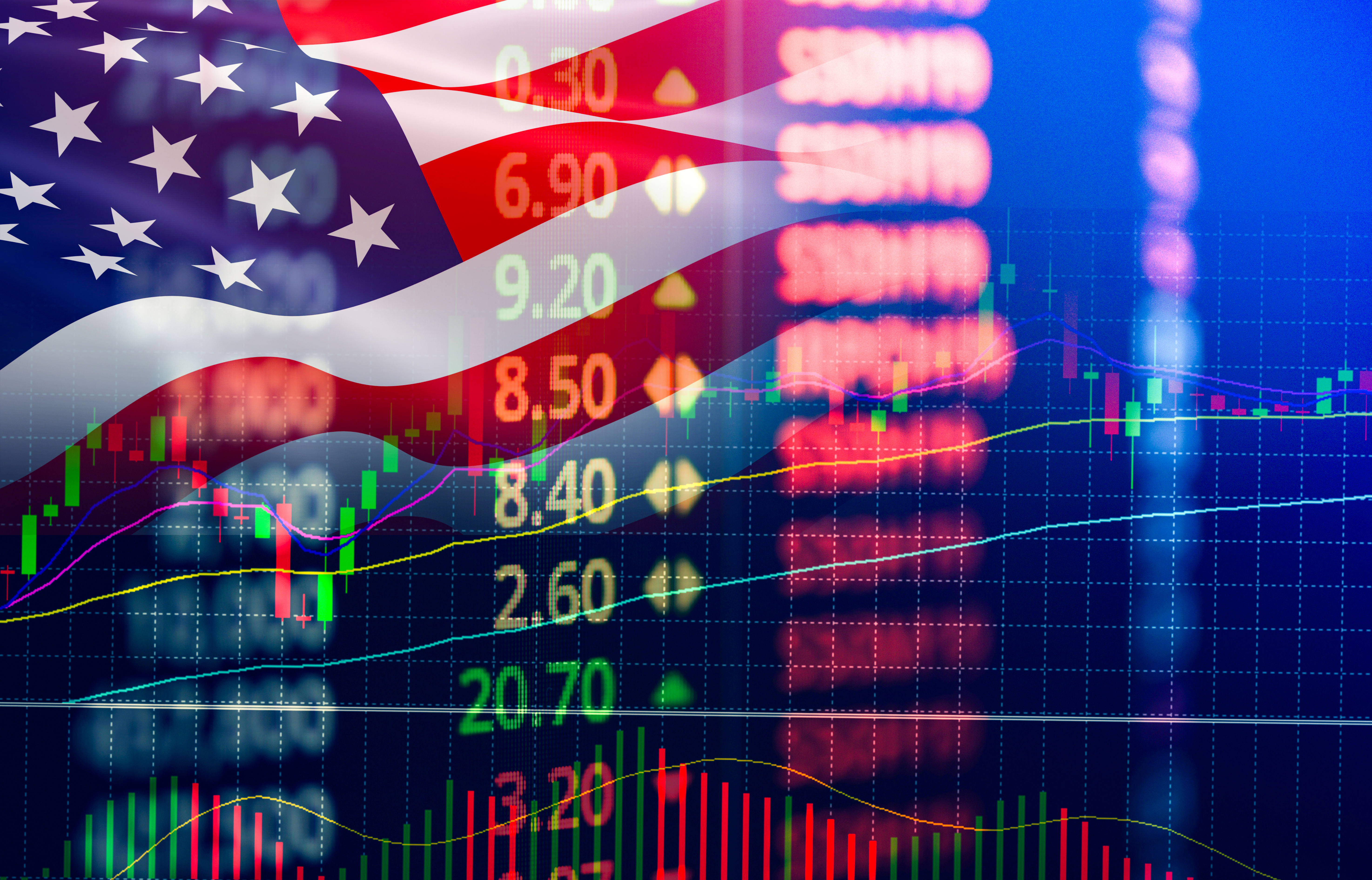Will Markets Calm Down?
The strong rise in US 10-year bond interest rates since last week has put pressure on emerging-market currencies and global stock markets.
In the United States of America, in order to minimize the effects of the coronavirus on the economy, the Congress supported the economy with its financial aid package and the Fed started to implement an ultra-loose monetary policy. However, after a year of pandemic, the Fed's ongoing expansionary monetary policy steps, the rise in oil prices, the increase in food prices and $ 1.9 trillion financial aid package of the new US government raised long-term inflation concerns and caused the 10-year bond interest rates to reach 1.60 percent.
After these developments in long-term debt securities, investors' risk perception changed, putting pressure on global stocks. At the same time, overshadowed by an increase in long-term bond interest rates, developed and developing markets' currencies also depreciated due to the strengthening of the US dollar.
On the other hand, the statements of FED Chairman Jerome Powell, which were closely followed by the markets last week, were significant. Speaking at the WSJ Jobs Summit, Powell noted that current monetary policy steps will continue until the U.S. economy makes a good recovery, adding that the economy is far away from our goals in terms of both employment and inflation.
Powell's speech did not put any pressure on long-term debt securities. And SP500 decreased by 1.2 percent to 3 723 and NQ100 to 12 310, which indicates a decline by almost 3 percent. DOW30 also lost value by almost 2 percent to 30 552. However, after Biden governments' financial aid worths 1.9 trillion dollars was approved by the Senate, the losses were recovered in these indices.
In addition to indices, emerging country currencies also suffered a sharp loss due to the strengthening of the dollar. Especially against the dollar, Turkish lira depreciated by 10 percent, South African rand fell by 7 percent and the Mexican peso by 5 percent.
The approval of the Biden administration's 1.9 trillion dollar financial aid package in the House and then in the Senate also halted the pressure on global indices. After approval from the Senate, it will be sent to the House of Representatives and put to a vote later in the day, and the stimulus package, which is considered certain to enter into force, can support investors' risk appetite.

